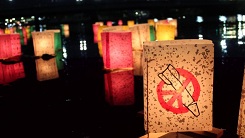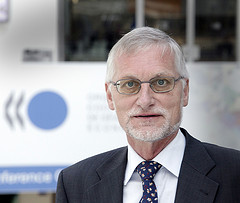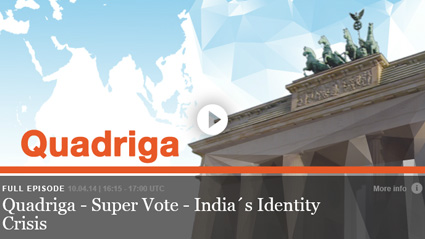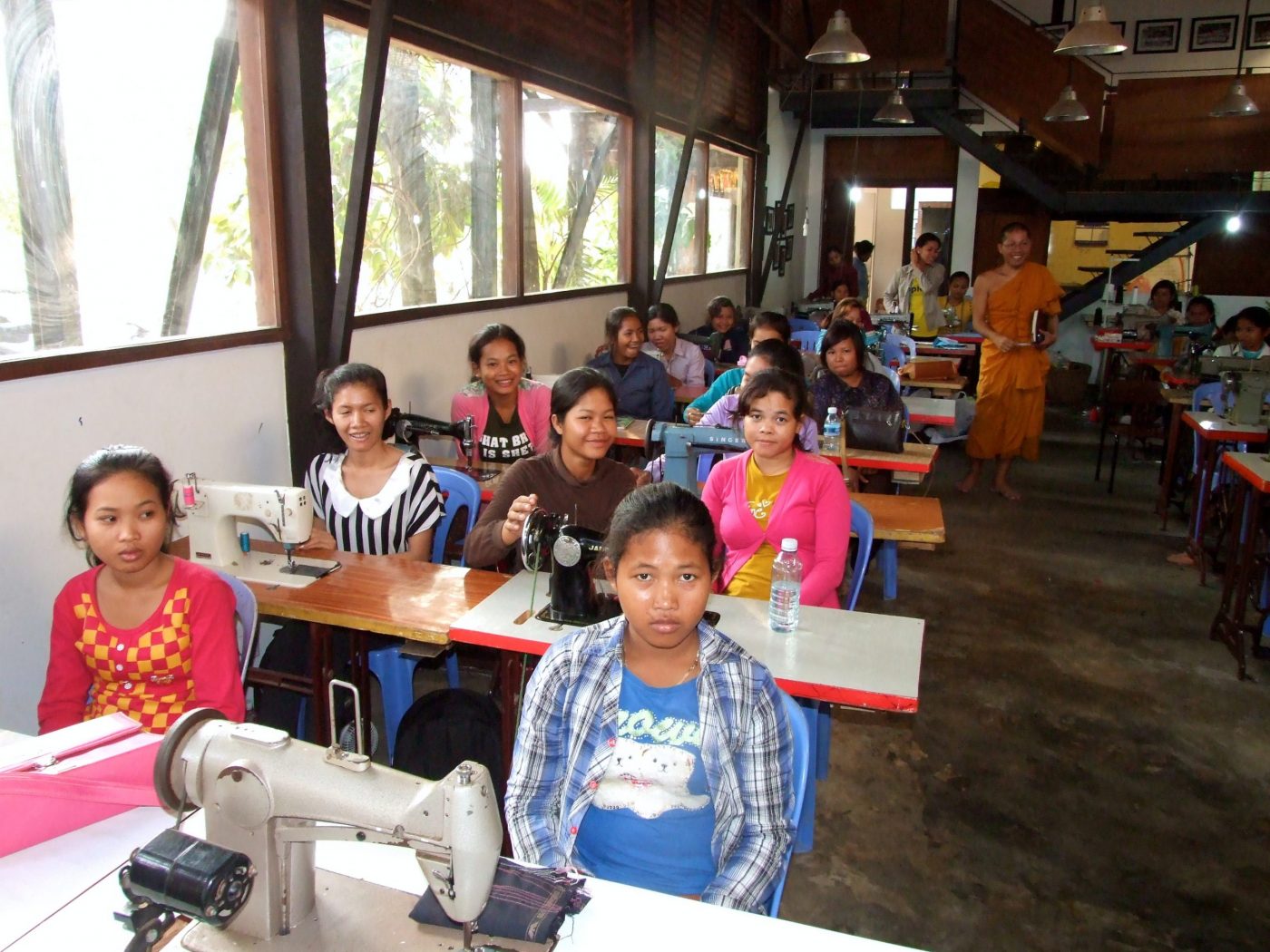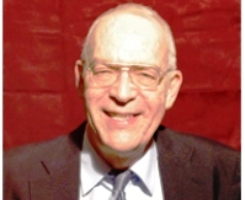By Jaya Ramachandran | IDN-InDepth NewsAnalysis
PARIS (IDN) – While the trend of rise in international development assistance, which increased by 6.1 percent in real terms in 2013, is expected to continue in 2014 and stabilize thereafter, the declining share of aid for sub-Saharan countries, which need it most, looks likely to continue, according to an annual survey of donor spending plans by the OECD Development Assistance Committee (DAC).
Development aid reached the highest level ever recorded in real terms in 2013 despite continued pressure on budgets in OECD countries since the global economic crisis, says the DAC report. Donors provided a total of USD 134.8 billion in net official development assistance (ODA), marking a rebound after two years of falling volumes, as a number of governments stepped up their spending on foreign aid.


